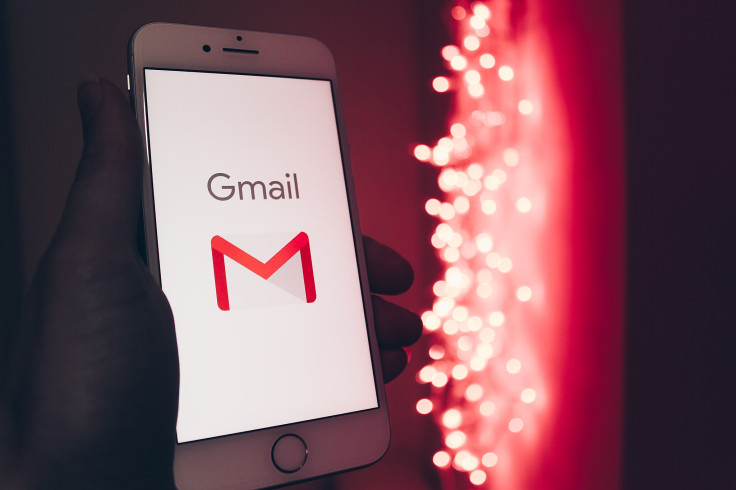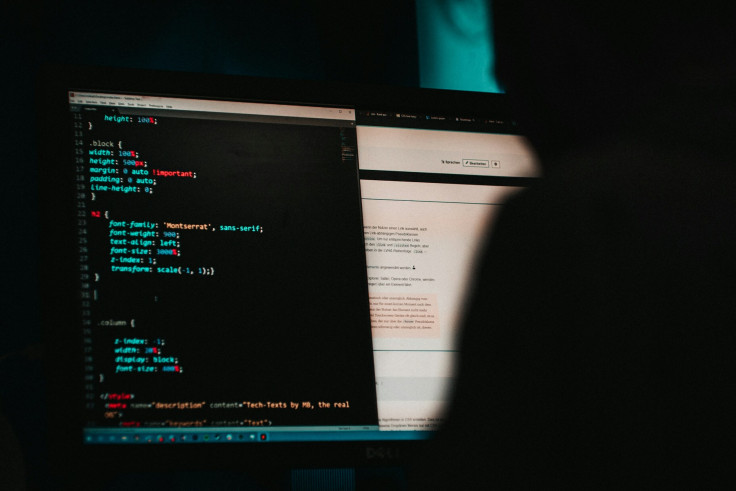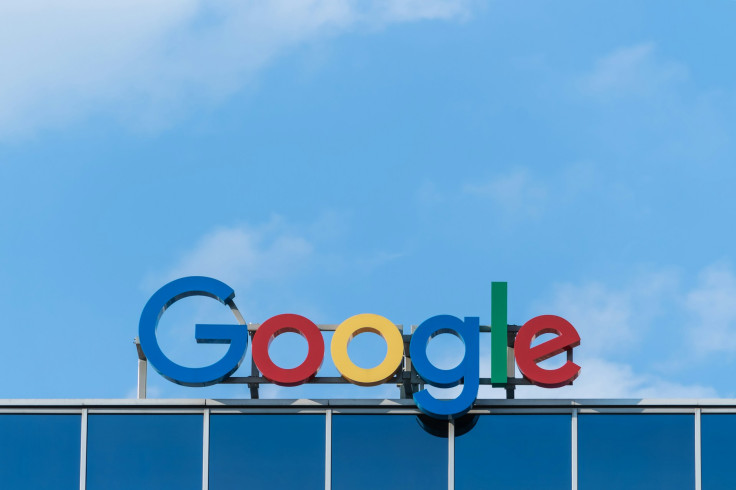Is Gmail Still Safe? 183 Million Passwords Exposed in One of the Biggest Hacks of 2025
Gmail is safe, but you're the target. Learn to beat phishing with strong passwords and 2-Factor Authentication.

Have you ever received an email so convincing, so urgent, that you almost clicked the link? In the wake of the massive 'Cygnus' data breach, which exposed the passwords of 183 million users across various platforms in one of the biggest hacks of 2025, that sense of digital danger is higher than ever.
While Google denies sending any 'mass alert' to all users, the company does report an increase in attacker activity. This means the threat is not just theoretical; it is active.
Hackers are now testing that list of 183 million exposed credentials against high-value targets. Your Gmail account, the digital hub for your personal and professional life, is a prime target for these sophisticated social engineering and 'phishing' scams.
The good news? To be clear, Gmail itself was not breached. The 'Cygnus' hack hit other, less secure websites, not Google's servers. So, is Gmail still safe?
The fortress itself remains incredibly strong. Its robust security measures are incredibly effective, blocking 'over 99.9% of spam and malware' before it ever reaches your inbox. The system's strength is not the issue. The vulnerability, as attackers well know, is the human element.
The danger from the 183 million password leak isn't that hackers will break into Gmail; it's that you reused your password on one of those hacked sites. They are no longer trying to brute-force the castle walls; they are trying to trick you into handing over the keys. It is time to be vigilant.

Your First Line of Defence for Gmail: The Password
Let's start with the fundamentals. The recommendation to 'use a strong, unique password' is the oldest advice in the book for a reason. This is the primary threat from the Cygnus breach. Attackers take lists of exposed passwords—like the 183 million just dumped online—and try them against high-value accounts, like your Gmail.
If you use the same password for your email and an old forum that just got hacked, you have given them a skeleton key. 'Avoid reusing passwords' is non-negotiable.
A strong password is not 'Password123!.' It is long, complex, and ideally, random. But how can anyone remember '8*k!zP$qR9#v'? You do not have to. This is where a password manager becomes essential.
'Consider using a password manager to generate and store unique, complex passwords for each of your accounts.' These tools create and save incredibly strong passwords for you, automatically filling them in when you log in.
Your only job is to remember one, single, ultra-strong master password. If you have not updated your password in a while, especially given the news of the 183 million exposed accounts, now is the time. 'If you haven't in a while, update your Gmail password to a new, strong one to be safe.'

The 'Digital Deadbolt' for Your Gmail
If a strong password is the lock on your front door, 'Enable 2-Factor Authentication (2FA)' is the deadbolt. This simple step is perhaps the single most effective way to secure your account. 2FA 'adds an extra layer of security'. Here is how it works: 'Even if a hacker gets your password, they won't be able to log in without your second-factor authentication device, like your phone'.
When you (or a hacker) try to log in from a new computer, Gmail will not only ask for the password, but it will also send a unique, one-time code to your mobile phone or prompt you on a trusted device. Without that code, the password alone is useless. The attacker, who might be halfway across the world, is stopped cold. This one setting neutralises the single biggest threat: a stolen password.
The Final Firewall: Your Vigilance Against Gmail Scams
Technology can only do so much. The final firewall is you. Attackers are turning to 'phishing' because it works. 'Be vigilant against phishing'. These attacks are designed to create panic. You might get an email, supposedly from Google, complete with the official logo, claiming 'there is a security issue.'
Hackers are now using the Cygnus breach as bait, sending emails that claim: 'Your password was found in the 183 million exposed accounts! Click here to secure your account NOW!' Their goal is to rush you into clicking a link and 'verifying' your details on a fake website. 'Do not click on suspicious links in emails, even if they seem to be from Google.'
The threat also comes through your phone. 'Be cautious of calls from unknown numbers, even if they claim to be from Google.' It is easy for criminals to 'spoof' legitimate phone numbers. 'Attackers sometimes spoof 650 area codes to appear legitimate,' as this is a common prefix for Silicon Valley companies.
Remember, Google will never call you unexpectedly to ask for sensitive information. 'Never provide passwords or other sensitive information to anyone who contacts you unexpectedly.' This vigilance is crucial, as new threat information becomes available.
Ultimately, Gmail's technology provides a powerful fortress, but you are the gatekeeper. While its systems block 'over 99.9% of spam and malware,' the remaining threat relies on human error. Don't wait for a massive 183 million password data breach or a convincing phishing email to test your security.
Log in to your Google account today, update your password to a strong, unique one, and, most importantly, enable 2-Factor Authentication. It's the single best step you can take to secure your digital life. So yes, Gmail is still safe—but only if you are.
© Copyright IBTimes 2025. All rights reserved.





















